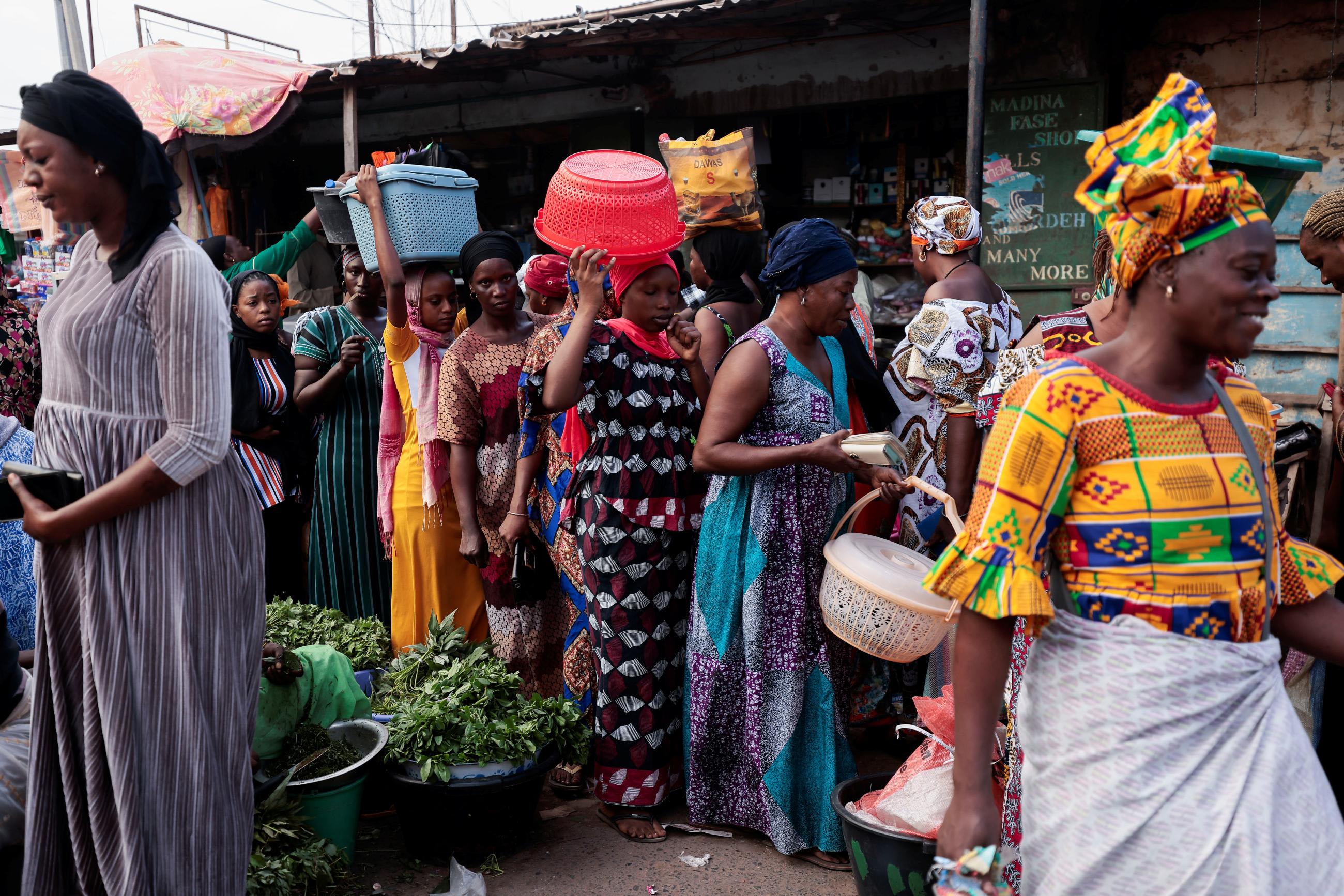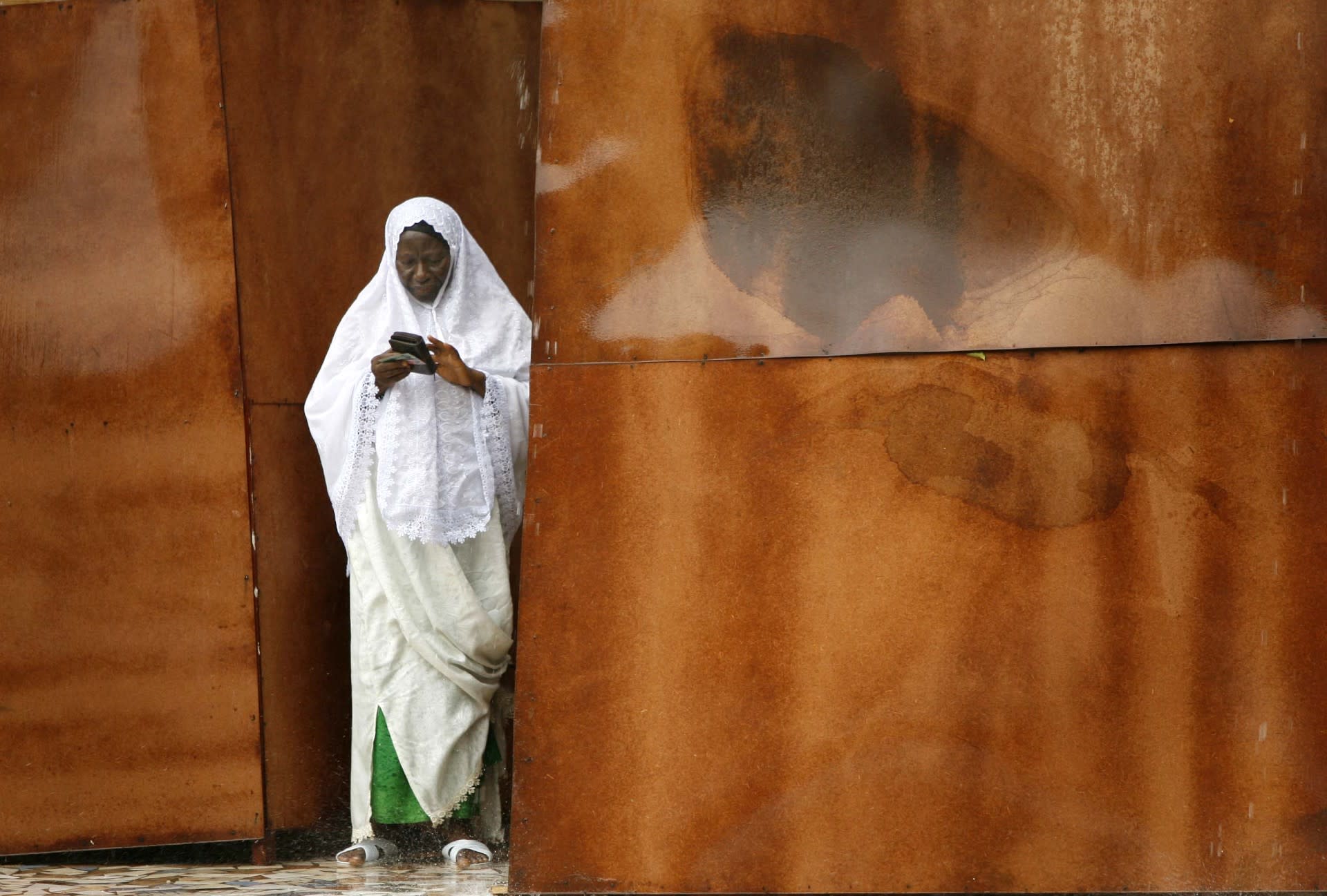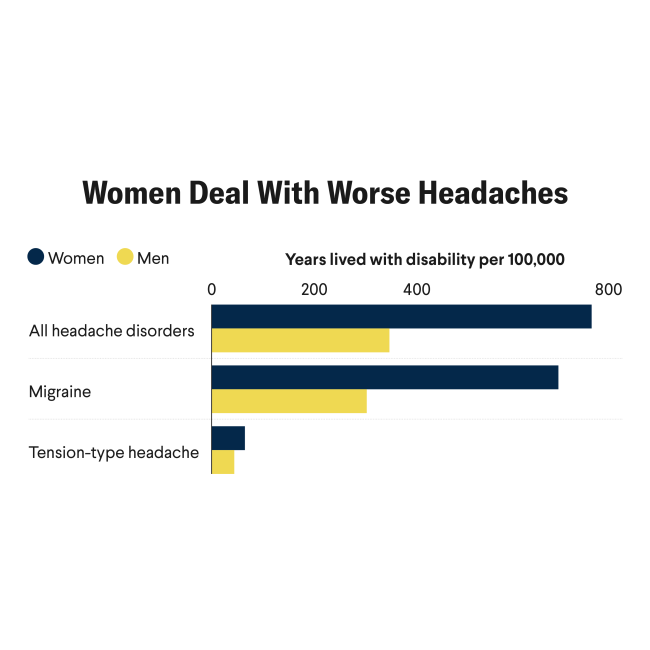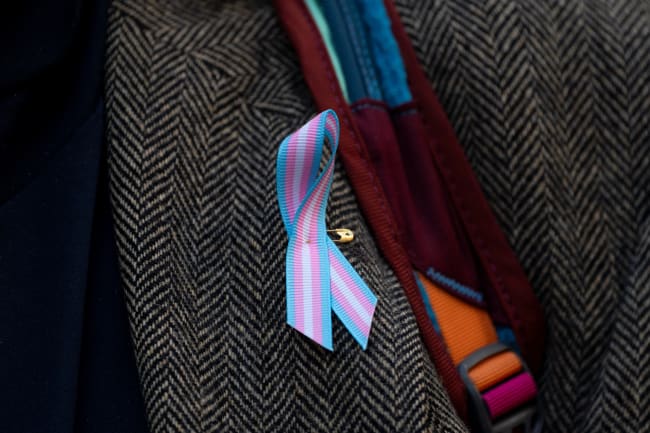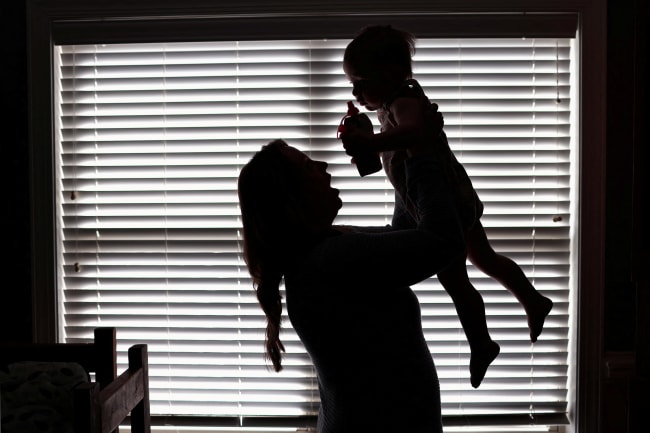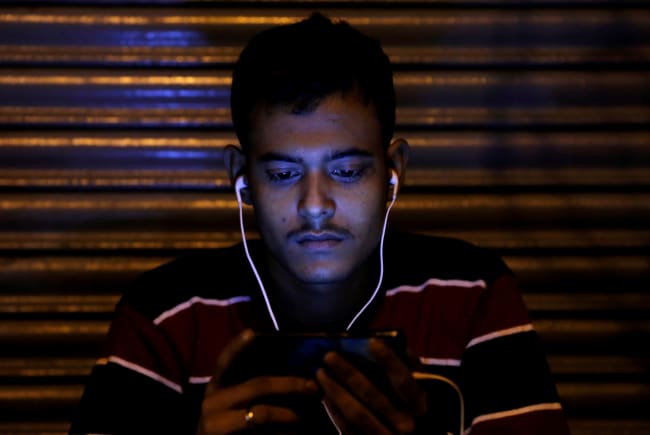In August 2023, three women were criminally charged with female genital mutilation (FGM) in Gambia, the first indictments since the practice was banned nearly a decade ago.
Outraged by the charges, one of the country's most vocal religious leaders condemned the ban and paid the women's fines—roiling a movement that has put Gambia on a path to become the first country in the world to reverse its law banning the practice.
Gambia's startling FGM renaissance
A bill to overturn the FGM ban sailed through parliament on March 18. Forty-two Gambian legislators voted to strike down the law; four voted to preserve it; one abstained. Five of Gambia's parliamentary seats currently belong to women. All of the lawmakers making arguments at last month's vote were men.
The measure now heads to a final committee for consideration in the weeks to come. Local analysts predict that it will likely pass through any last hurdles.
Women who experienced cutting watched stoically as these male lawmakers cast their vote on a practice that they would never undergo.
"We swore to protect our girls, but if the ban is lifted . . ." one Gambian woman trails off in an interview with Al Jazeera. She then resolves, "over my dead body will I let them suffer as I did."
At least 75% of girls in Gambia have undergone FGM in some form
The ban originated in 2015 during the tenure of President Yahya Jammeh, who unrolled sweeping changes to combat a series of gender-related issues while in office. It was a win on the surface, but analysts say the legislation was largely a scapegoat.
"Jammeh's ostensible compliance with gender equality norms was selective and intended for the international gallery rather than a genuine commitment to women's rights and democracy," writes Satang Nabaneh, a Gambian legal and human rights scholar at the University of Dayton.
"Implementation then becomes problematic," she later explained to Think Global Health. "In most cases there are no accountability measures. It's almost like ticking off the boxes."
After Jammeh left office in 2017, the performative cutting ban stood vulnerable to the masses who supported the practice. In spite of the ban, FGM remains popular, at least 75% of girls in the country having undergone the practice in some form.
The new repeal speaks to how deeply entrenched the practice is in Gambian society, which could embolden religious conservatives to push against other protections.
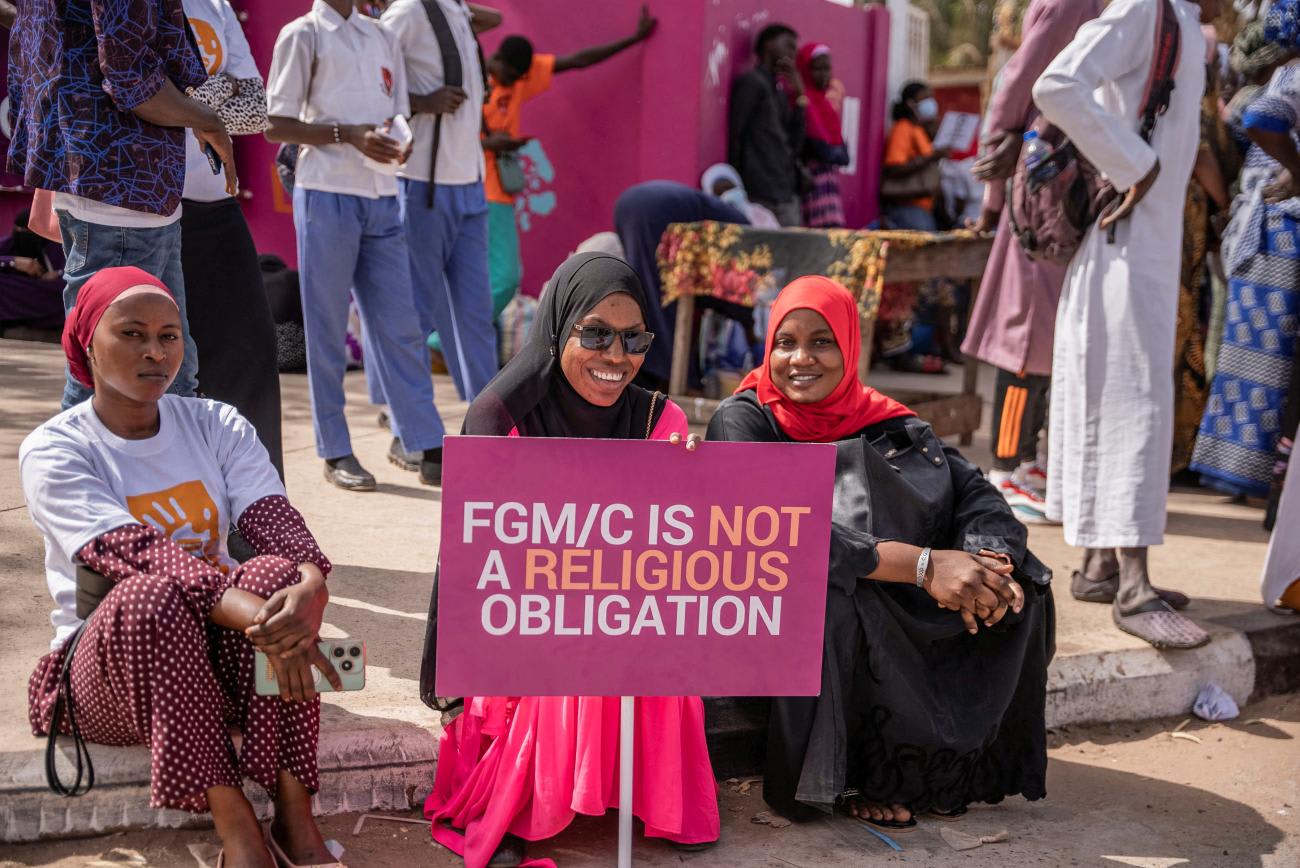
Origins of the Practice
Female genital mutilation, according to the World Health Organization (WHO), includes all procedures involving injury to or partial or total removal of external female genitalia or genital organs. It is an excruciating process for girls, commonly performed without anesthesia and by someone who is not a medical professional.
Widely recognized to have zero health benefits, it instead opens the door to a host of serious physical and psychological health complications, possibly leading to death if the operation is executed poorly. The practice is mostly carried out in several countries across Africa and the Middle East on girls younger than 15 years old. In some countries, the average is between 5 and 9 years old.
Girls in those communities are often considered ready for marriage and are cut to preserve moral fidelity and disincentivize premarital sex, which is seen as distasteful to men. It is also staunchly intertwined with religious customs; many groups, such as the Dogon in Mali, have deep traditional history of FGM that they believe is validated by religion.
FGM is practiced among many African Muslim populations in particular, but no Islamic text supports cutting women, nor do any Christian texts, both prevalent religions on the continent. "FGM is a practice which pre-dates Islam," advocate Maryan Qasim says in a pledge to end cutting, pointing out that instead, "Islam prohibits harm." Many Muslim leaders themselves have even condemned the practice.
Human rights scholars say that FGM is rooted in female oppression and sexual obedience in most societies, and that the practice serves to exert control over girls by stripping away their bodily autonomy. As true of the three Gambian women charged in 2023, women are often the ones who perform the act, even though it is a patriarchal society that dictates it.
"Even if [women] are the face of it, the norms are very much squared toward masculinist ideas," Nabaneh says. "At the end of the day, the whole premise of the practice is to appease the desire of men."
In Somalia, 99% of girls have undergone FGM [in its harshest form], the highest rate worldwide
Ending FGM: A Convoluted Campaign
In the last decade or so, the continent has largely been moving away from cutting, at least on paper.
"There has been an obvious trend toward criminalization, which is very much founded on and rooted in the Maputo Protocol," Nabaneh says, referring to the 2005 African Union agreement on women's rights, which identifies FGM as a harmful practice that countries should curb. At least 28 countries—more than half the continent—prohibit or prosecute the practice.
International bodies worldwide have condemned FGM as a violation of rights and a dangerous procedure. The United Nations calls on all countries to protect human rights and has identified FGM as a breach of this duty. Although cutting is linked to rituals as a rite of passage to womanhood, and proponents in Gambia and worldwide cite religious traditions, "we can't make the excuse that it is a cultural practice, because it is a human rights violation," says anti-FGM activist Ifrah Ahmed, a survivor of FGM who now runs the Ifrah Foundation, a Somalia-based organization whose mission is to end cutting. In Somalia, 99% of girls have undergone the procedure [in its harshest form], the highest rate worldwide.
Even so, policy is not enough. Despite more countries banning the practice, the prevalence of cutting is still on the rise. Across Africa, gains made to end FGM were severely disrupted by both the COVID-19 pandemic, which increased outbreaks of conflict, and ongoing climate disasters. The FGM trend swept in with a wider undercurrent of increased gender-based violence and a rollback of gender equity on a larger scale.
Since 2016, the number of women who have been cut has increased by 30 million, totaling more than 230 million girls. Countries where the practice is most ingrained, such as Somalia, also have the highest rates of population growth, the overall number of girls who are subject to cutting rising each year.
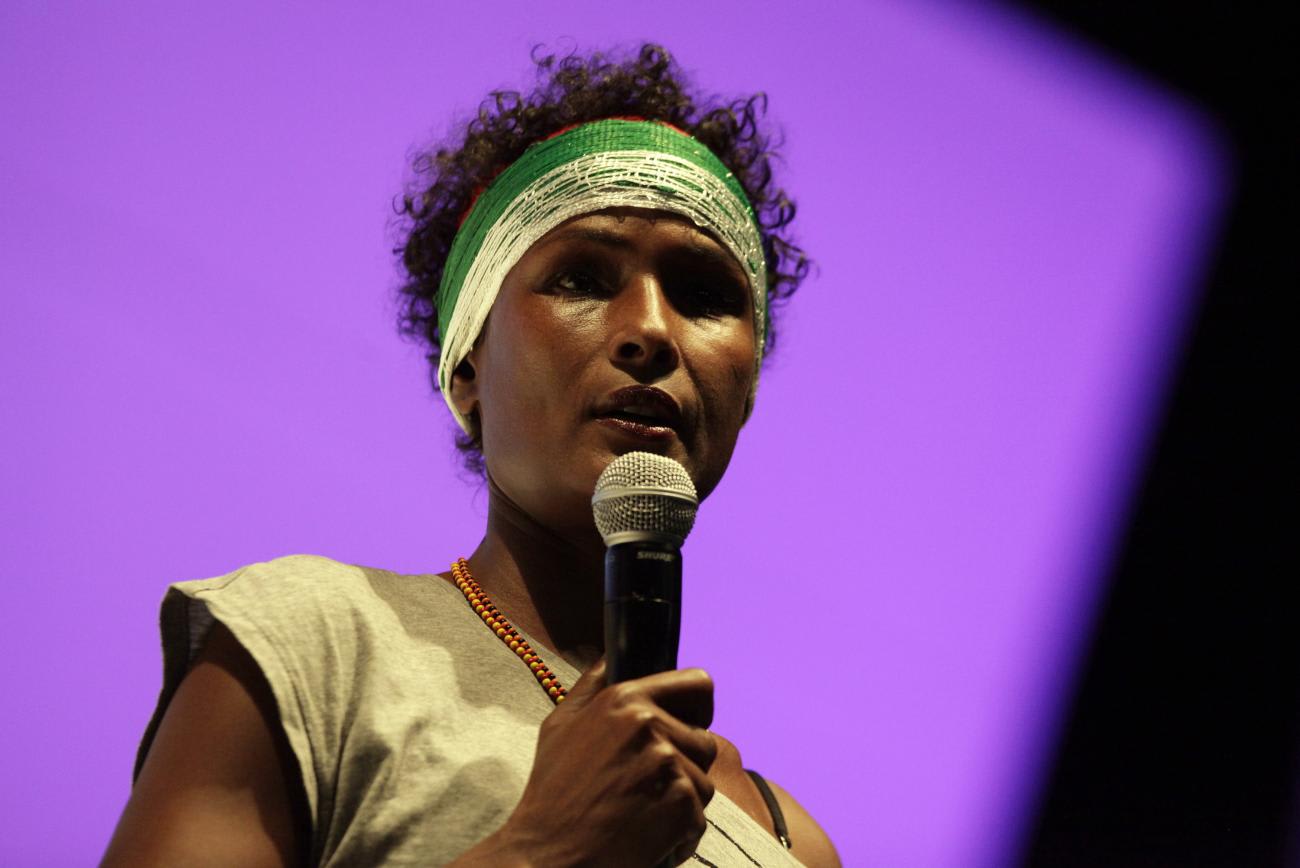
In other communities, anti-FGM policy is in place but not in force because of poorly established institutions or a lack of safeguards for survivors who want to come forward. Some places have a dearth of federal resources, prompting members of civil society to lead the charge. A law on its own is just not enough, Nabaneh says.
More than 80 countries worldwide have a ban, but fighting FGM continues to be an uphill battle, one constantly vulnerable to being struck down. Rights groups worry that Gambia is setting a new tone.
"If this law is repealed, we know they're coming for more," Gambian activist Fatou Baldeh says. Many others agree, warning that the Gambian vote could unravel a trend in this direction.
"The message that Gambia is sending to the continent puts risk on other countries in the region," says Ahmed.
Some Gambian lawmakers have already vocalized their next targets to topple laws on other gender protections, including repealing a child marriage ban. This comes amid a broader shift of eroding womens' rights across the continent in all kinds of ways, Nabaneh points out, whether it be added constraints on freedom of movement in Egypt, women's political participation in Sudan, or education access in Tanzania.
What happened to me shouldn't happen to [our daughters]
Ifrah Ahmed, Ifrah Foundation
Dropping the Knife
The struggle extends worldwide, with many communities in Asia, Europe, and North America practicing FGM. The WHO estimates that 4.4 million girls are at risk of FGM this year alone, the majority of them in African countries. But with a concerted push, activists say, the practice could end in this generation.
"What happened to me shouldn't happen to [our daughters]," Ahmed says, which is the heart of her foundation's Dear Daughter campaign to end FGM. The project involves a partnership with the UN Population Fund.
Ahmed is also credited with spearheading a ban enacted in 2012 in Ireland. Even in a relatively progressive country where the practice is not inherently widespread, it was not an easy win. It took myriad conversations with doctors, midwives, and across all political levels. As for a ban in her country, Somalia, she remains hopeful, she says, but hasn't yet seen any proof. Somalia has indicated that it would move to adopt a ban, but its efforts remain at large.
Other countries view Gambia's decision as a wake-up call. Nabaneh told me she has heard from groups in Senegal (which, since 1999, has had a robust legal framework against FGM) that they are looking to protect the country's ban from the possibility of a reversal. The rollback has inspired Senegalese to re-up their anti-FGM engagement as well as leverage the work other countries are doing on the ground to make their bans stick. Burkina Faso is also seen as a model for strong implementation, with a multipronged approach of community engagement, investment mechanisms, and alternative strategies such as mobile clinics and access to justice. FGM rates there have been cut by more than half in the last three decades.
At the local level, communities are finding new ways to maintain local culture and strengthen women's empowerment by moving away from FGM as the steep cost of entry into womanhood. In Kenya, where cutting is technically illegal, community-led initiatives are piloting the end of FGM as the rite of passage, replacing it instead with a ritual that combines the traditional ceremony with educational components on sexual and reproductive health, human rights, and gender norms. This movement has correlated with several positive indicators in women's rights and health, such as lower rates of adolescent pregnancy and higher rates of education.
In Sierra Leone, a "bloodless" induction into society rooted in girls' empowerment takes FGM out of ceremonial celebrations and instead teaches lessons on how to take on societal responsibilities. Sierra Leone has contemplated anti-FGM law for decades but has yet to implement one.
The battle to end FGM is highly representative of the broader crusade for gender equality. But in this uneven terrain, there are often glimmers of local progress. Although the rollback in Gambia brings trepidation that an emboldened FGM movement will resurface across the continent, communities are still increasingly dropping the knife and enshrining girls' empowerment.
